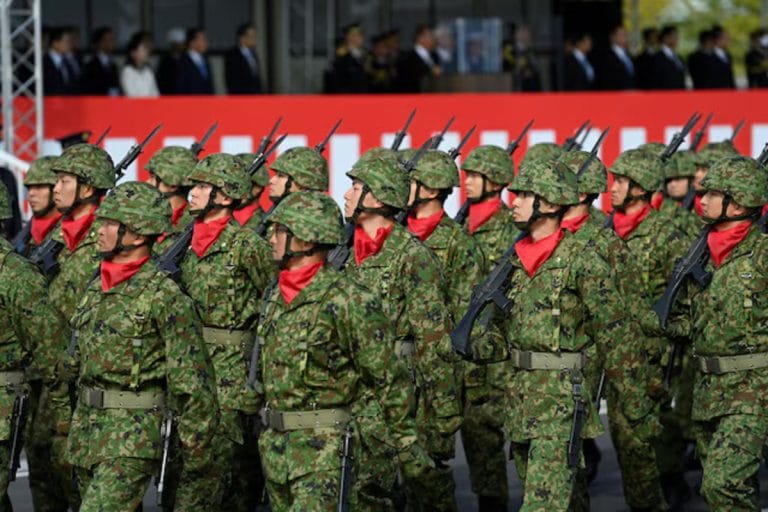🎧 Listen to This Article
The Japanese government has confirmed plans to raise several key national taxes starting in April 2026 to help fund a significant expansion of its defence budget. This long-anticipated fiscal shift comes in response to a commitment made by former Prime Minister Fumio Kishida to double defence spending to 2% of the nation’s gross domestic product (GDP) by 2027.
According to a government document obtained by Reuters, the tax reform will affect corporate, income, and tobacco taxes in a phased manner. These measures are expected to generate an additional 1 trillion yen (approximately $6.56 billion USD) in tax revenue starting from the fiscal year commencing April 2027.
Breakdown of the Planned Tax Increases:
- Corporate Tax: A surtax of 4% will be imposed starting as early as April 2026.
- Tobacco Tax: Initially, the tax on heated tobacco products will be raised to align with the rate applied to traditional cigarettes. This will be followed by three additional hikes extending through April 2029.
- Income Tax: Beginning in January 2027, a 1% income tax surtax will be introduced. However, to mitigate the burden on taxpayers, the disaster reconstruction income surtax rate will be simultaneously reduced by 1%.
These tax hikes are an essential component of Japan’s effort to finance its enhanced security commitments amidst a challenging geopolitical environment in East Asia. The increased budget will support a range of initiatives, including military modernization and expanded regional defence cooperation.
The proposed changes still require final approval from the ruling coalition and endorsement from the Democratic Party for the People (DPP), a key opposition party whose support is critical for legislative consensus.
Background and Political Context
The coalition government initially agreed in 2022 to raise tax rates to secure long-term funding for defence expansion. However, widespread resistance among lawmakers, reflecting concerns over economic impacts and voter backlash, has delayed implementation until now.
Japan’s shift in fiscal priorities comes amid rising regional security concerns, particularly in relation to North Korea’s missile program and growing military assertiveness from China. As a pacifist nation since World War II, Japan’s increased defence expenditure marks a significant shift in policy.
While the tax increases have drawn criticism from both public and political quarters, proponents argue that a robust and sustainable defence budget is essential for national security and fulfilling international obligations.
Next Steps
If approved, the revised taxation scheme will be implemented in stages, beginning with corporate and tobacco taxes in April 2026, followed by the income tax changes in January 2027. Policymakers have emphasized a balanced approach to ensure minimal disruption while securing critical national defence funding.
For further details, clarification, contributions, or any concerns regarding this article, please get in touch with us at editorial@tax.news. We value your feedback and are committed to providing accurate and timely information. Please note that our privacy policy will handle all inquiries.



